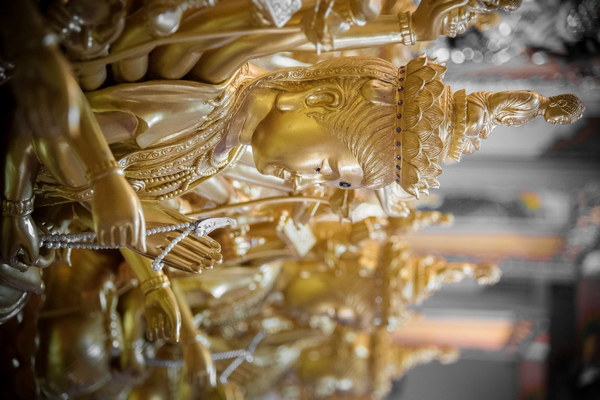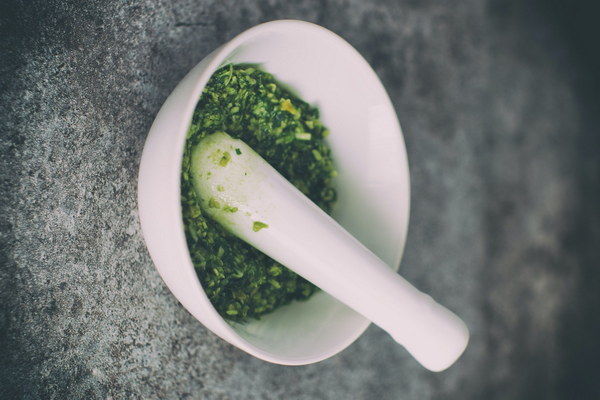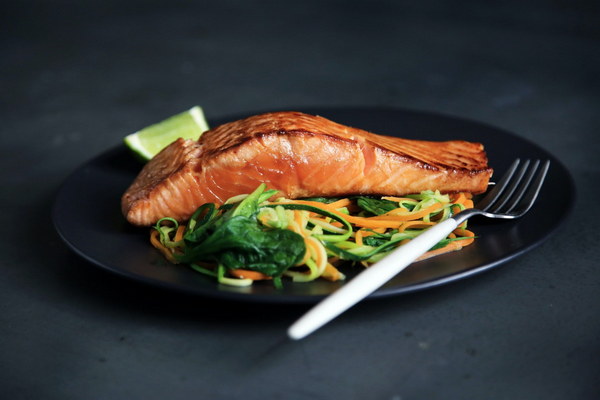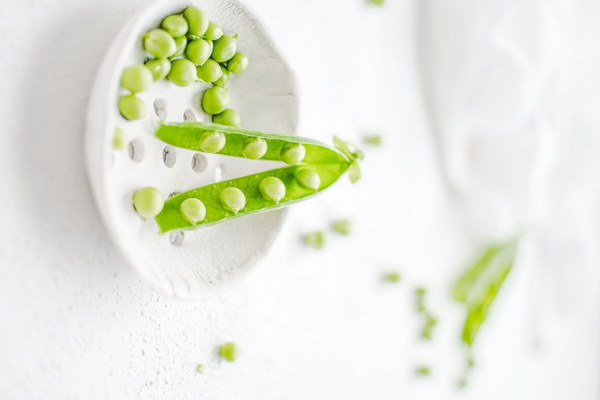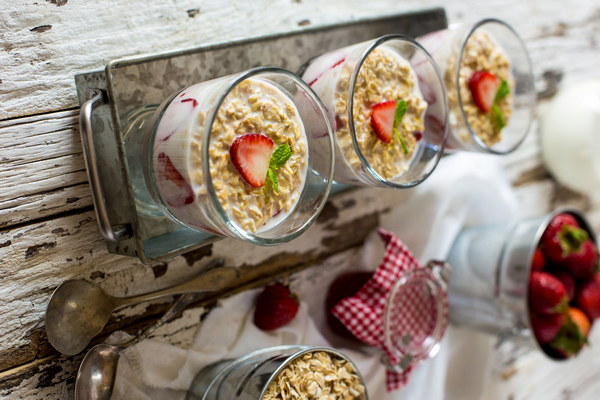Nature's Way to Beat Dampness A Guide to Natural Therapies for Wellness
In the pursuit of holistic health, many individuals are turning to natural therapies to alleviate the symptoms of dampness, a condition that can affect both the body and the mind. Dampness, also known as damp-heat in traditional Chinese medicine, is characterized by symptoms such as fatigue, weight gain, bloating, and digestive issues. This article explores various natural therapies that can help combat dampness and promote overall wellness.
1. Diet and Nutrition
A balanced diet plays a crucial role in managing dampness. The following dietary recommendations can help reduce dampness and improve your health:
- Avoid excessive consumption of cold, raw, and damp foods, such as ice cream, salads, and uncooked vegetables.
- Incorporate warming foods into your diet, such as soups, stews, and roasted vegetables.
- Include plenty of foods rich in fiber, such as whole grains, fruits, and vegetables, to aid digestion and elimination.
- Eat bitter and spicy foods, such as ginger, turmeric, and dandelion greens, to stimulate the liver and improve bile flow.
- Limit the intake of dairy products, as they can contribute to dampness in the body.
2. Herbs and Supplements
Herbal remedies have been used for centuries to treat dampness. Some common herbs and supplements that can help include:
- Turmeric: Known for its anti-inflammatory properties, turmeric can help reduce dampness and improve digestion.
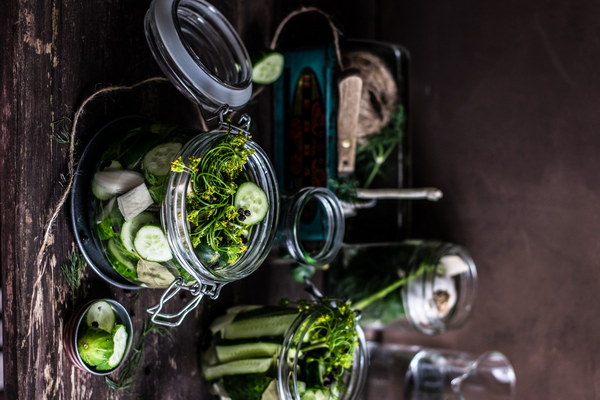
- Dandelion: This herb supports liver function and promotes the elimination of toxins, aiding in the reduction of dampness.
- Licorice root: Used to balance the body's yin and yang, licorice root can help alleviate dampness-related symptoms.
- Milk thistle: This supplement supports liver health and helps remove toxins from the body.
3. Exercise and Movement
Regular physical activity can help improve circulation, boost the immune system, and eliminate dampness from the body. Here are some exercises that can be beneficial:
- Walking: A simple and effective way to improve circulation and support the lymphatic system.
- Tai Chi: This gentle form of martial arts focuses on balance, flexibility, and breathing, which can help reduce dampness.
- Yoga: Yoga poses that promote digestion, such as twists and forward bends, can help alleviate dampness-related symptoms.
4. Lifestyle Adjustments
Making certain lifestyle changes can also help reduce dampness and improve your overall health:
- Get plenty of rest: Adequate sleep is essential for the body's natural healing process.
- Avoid stress: Chronic stress can weaken the immune system and contribute to dampness.
- Manage your weight: Excess weight can exacerbate dampness symptoms, so maintaining a healthy weight is crucial.
- Stay warm: Dress in layers and keep warm during cold weather to prevent dampness from settling in your body.
5. Acupuncture and Traditional Chinese Medicine (TCM)
Acupuncture, moxibustion, and other TCM practices can help alleviate dampness and improve overall health. A TCM practitioner can tailor a treatment plan based on your specific constitution and symptoms.
In conclusion, managing dampness with natural therapies can lead to a healthier, more balanced life. By focusing on diet, exercise, and lifestyle adjustments, you can take the first steps towards alleviating dampness and promoting overall wellness. Remember to consult with a healthcare professional before starting any new treatment or therapy.
